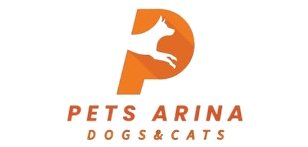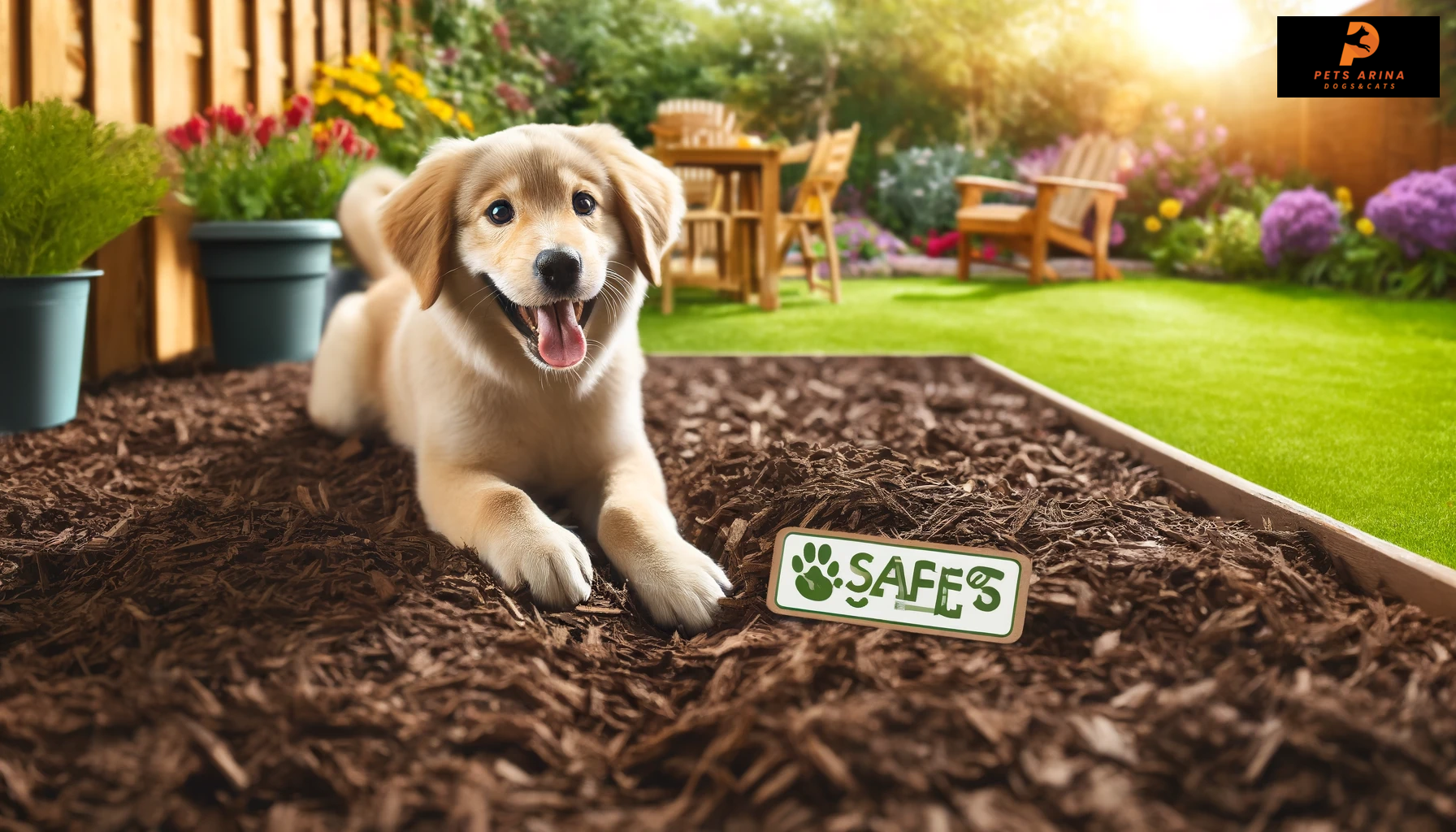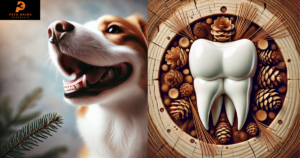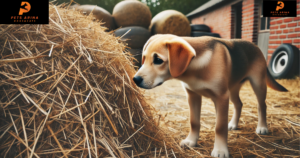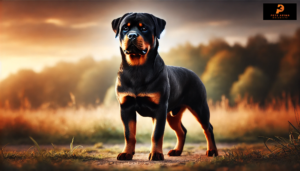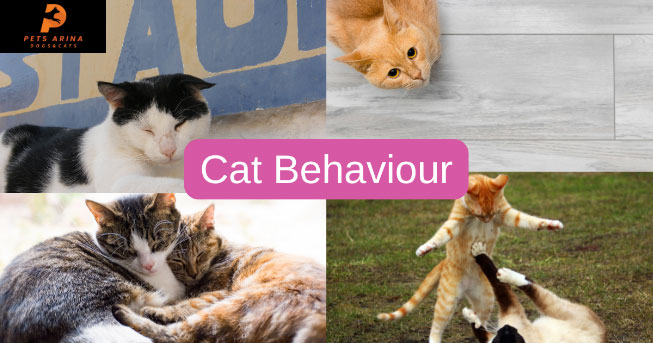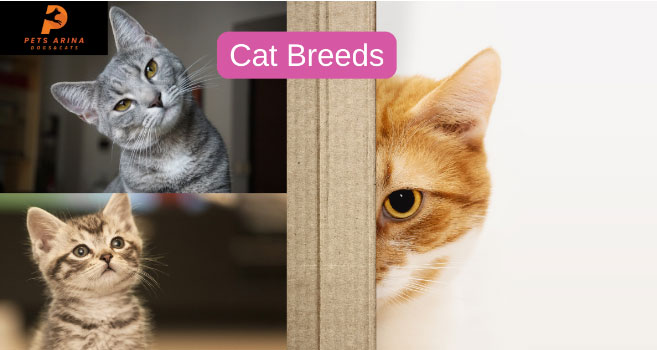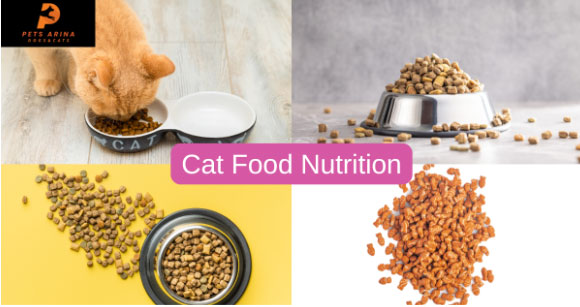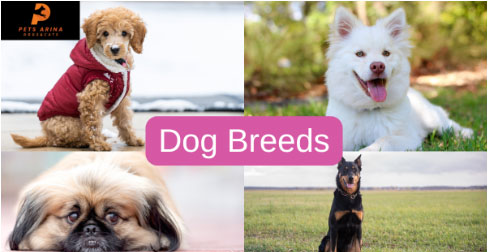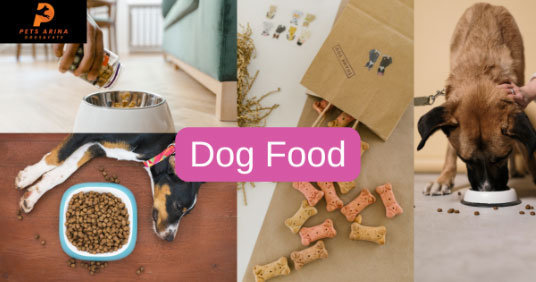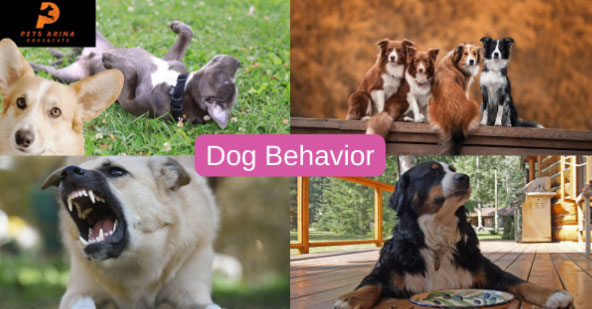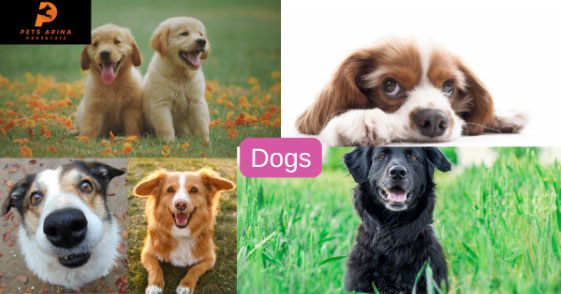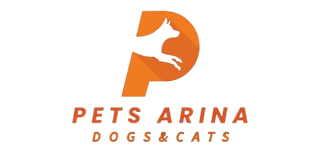Mulch is a material applied to the surface of soil that plays a vital role in retaining moisture in soil, regulating soil temperature, reducing weed growth, and improving soil fertility and health. However, some brands of Mulch can be dangerous for pets, as they may contain poisonous chemicals. Knowledge about these dangers is essential for keeping our pets safe.
Guide to Safe Mulch for Dogs
Pet owners must know Mulch types and safe categories for their dogs. This knowledge can help them overcome health risks to their pets.
This article will explore the dangers of certain mulches for dogs, such as Poppy the Prairie Dogs and Pink French Bulldogs, and guide safe alternatives.
Mulich is used in gardens to overcome water loss, suppress weed growth, protect plants from excessively warm or cool temperatures, and reduce soil depletion.
See Also: Mini Hippo Dog Breed
In the olden days, Mulch was made from organic material, such as straw, leaves, or dirt. When these materials undergo the process of decomposition, their nutrients enter the soil, helping to develop their roots and prevent soil erosion.
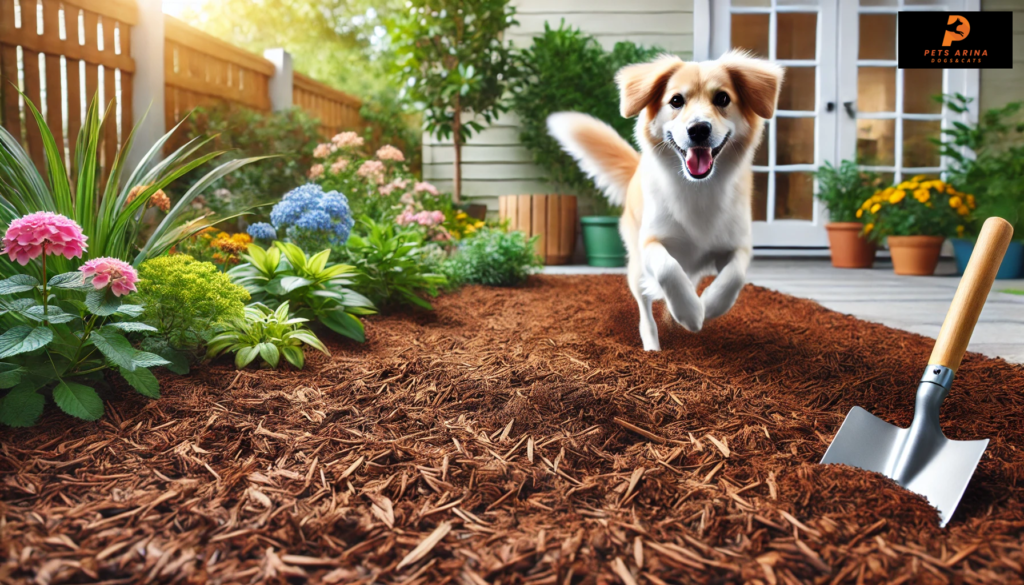
But now modern Mulches are made up of synthetic and rock varieties. These mulches don’t decay, serving the same purpose as organic ones. They come in all shapes and sizes with additives to increase the growth of your garden, but unfortunately, some of these are not safe for your dogs and may harm them.
What is the reason behind Dogs Eating Mulch?
We are all aware of dogs’ natural chewing abilities, especially puppies. They are also curious by nature and always on the hunt for new things. Dogs often chew wood if they lack any nutrients, but mostly, they do this out of curiosity. Also, the decaying smell of Mulch is very appealing for dogs.
What are the potential effects of a Dog Eats Mulch?
It may choke if a dog accidentally chews a large piece of Mulch. Small breed dogs are at high risk of poisoning from garden mulch. Sometimes, we spray pesticides to kill weeds on the lawn or garden. The pesticides can stay on the Mulch for longer, and if a dog goes in for munching, it may cause serious consequences.
So, keeping an eye on your pet dogs or keeping them in a restricted area out of the garden is necessary to prevent them from mulch toxicity. However, if the dog ingests it, symptoms that might appear are excessive scratching and pus-filled lumps. molds also develop on Mulch in some cases, and if dogs ingest it, that may lead to neurological damage, tremors, and seizures, and toxicity symptoms start appearing within 6 to 12 hours, which includes
- Abdominal pain
- Muscle tremor
- Diarrhea
- Tachycardia
- Vomit and Nausea
- Death may even occur
Some other health conditions of dogs also need to be monitored, like “how to tell if a dog’s anal glands are full,” as they may feel pain and discomfort if it is not empty, so do consult your vet and never ignore any minor symptoms.
Mulch Type that can be harmful to Dogs
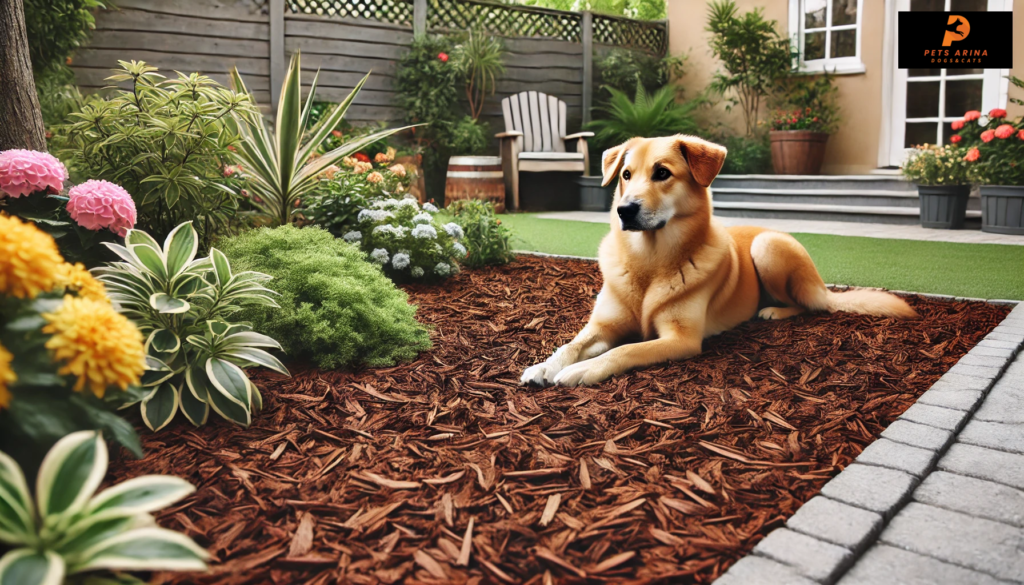
It’s important to note that some mulches, when ingested, can cause allergic reactions or even severe GI obstruction in dogs. Therefore, it is important to keep your dog away from these potentially harmful mulches.
-
Cocoa Mulch
Cocoa shells are very famous and are the by-product of Chocolate production. So, cocoa Mulch is not Fit for Dogs as it contains theobromine, a hazardous toxin for Dogs. Dogs get attracted by its sweet smell, but it may cause vomiting, Nausea, hyperactivity, Muscle tremors, tachycardia, seizures, or even death.
-
Pine needle Mulch
Pineneedle breakdown and acidifying its surrounding soil acidic soil are good for plants, and it also looks aesthetic, but it is harmful to dogs as it causes damage to dogs’ stomach lining badly and it also sticks painfully in the paw pad
-
Rubber Mulch
Some gardeners prefer to use rubber mulch because it is safe for pets, but it still negatively affects them. Residual chemicals in the rubber make dogs sick if they chew it accidentally, putting them at risk of GI obstruction if they ingest chunks of rubber mulch out of curiosity.
Mulch Type that can be safe for Dogs
If you have dogs as pets, it’s crucial to consider safe mulch options. Choosing safer mulches for your pets can create a worry-free environment for them to roam, especially in the garden area. Let’s explore some safe mulch options for your pup.
-
Stone and Rock Mulch
Stone and rock give your garden an aesthetic look, and as cats and dogs are not habitual eaters of stones and rocks, they are considered safe Mulch for your garden.
-
Bark mulch
Many bark mulches, such as crabapple, dogwood, and doughless fir, are safe for dogs. They are available in a wide range of colors and textures and also increase the beauty of your garden.
-
Sawdust and wood chips
Sawdust and wood chips are generally considered Mulch and are safe for animals. They rarely come from one type of tree but are unsafe for dogs.
-
Cypress Mulch
Cypress is nontoxic to dogs and also looks good.
-
Cedar Mulch
This Mulch is the most popular among dog Owners because if dogs ingest it accidentally, it will digest easily. It also has bug-repellent properties, so it’s perfect for your garden in every way.
Final thoughts
It is better to use Mulch, which is safe for Dogs and is already mentioned in this article. Considered Mulch, this is safer for dogs to prevent your Dogs from major to minor health issues.
FAQs About Mulch for Dogs
Is Mulch Safe for Dogs?
Answer: Some specific mulches, such as cedar, pine, and bark mulch, are safer for dogs, while cocoa and pine needle and rubber Mulch are toxic.
Why Do Dogs Eat Mulch?
Answer: Dogs often eat mulch out of curiosity, as they are naturally inclined to explore and try new things. Their inquisitive nature leads them to chew on different materials, especially when something catches their attention. In some cases, the scent or texture of mulch may simply intrigue them.”
Can Mulch cause serious health issues in Dogs?
Answer:Yes, Mulch causes serious side effects, such as GI issues, vomiting, and Nausea. If you ingest a large piece, you may choke.
Can Mulch Causes Allergic Reactions?
Answer:Some dogs may develop severe allergic reactions, such as itching, redness, or swelling, so consult your vet if these symptoms are observed.
